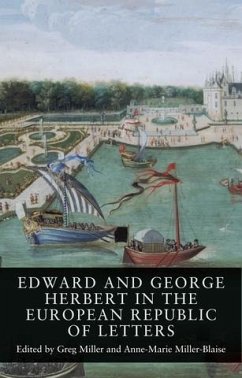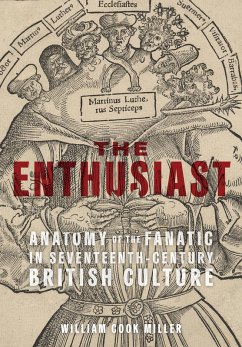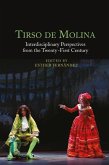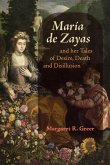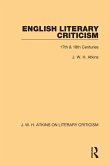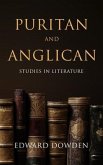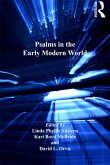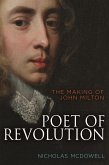George Herbert (1593-1633), the celebrated devotional poet, and his brother Lord Herbert of Cherbury (1583-1648), often described as the father of English deism, are rarely considered together. This collection explores connections between the full range of the brothers' writings and activities, despite the apparent differences both in what they wrote and in how they lived their lives. More specifically, the volume demonstrates that despite these differences, each conceived of their extended republic of letters as militating against a violent and exclusive catholicity; theirs was a communion in which contention (or disputation) served to develop more dynamic forms of comprehensiveness. The literary, philosophical and musical production of the Herbert brothers appears here in its full European context, connected as they were with the Sidney clan and its investment in international Protestantism.
The disciplinary boundaries between poetry, philosophy, politics and theology in modern universities are a stark contrast to the deep interconnectedness of these pursuits in the seventeenth century. Crossing disciplinary and territorial borders, contributors discuss a variety of texts and media, including poetry, musical practices, autobiography, letters, council literature, orations, philosophy, history and nascent religious anthropology, all serving as agents of the circulation and construction of transregionally inspired and collective responses to human conflict and violence. We see as never before the profound connections, face-to-face as well as textual, linking early modern British literary culture with the continent.
The disciplinary boundaries between poetry, philosophy, politics and theology in modern universities are a stark contrast to the deep interconnectedness of these pursuits in the seventeenth century. Crossing disciplinary and territorial borders, contributors discuss a variety of texts and media, including poetry, musical practices, autobiography, letters, council literature, orations, philosophy, history and nascent religious anthropology, all serving as agents of the circulation and construction of transregionally inspired and collective responses to human conflict and violence. We see as never before the profound connections, face-to-face as well as textual, linking early modern British literary culture with the continent.
Dieser Download kann aus rechtlichen Gründen nur mit Rechnungsadresse in A, D ausgeliefert werden.

